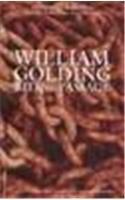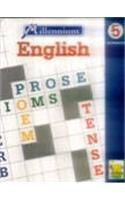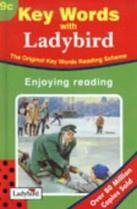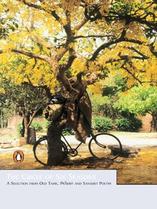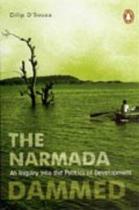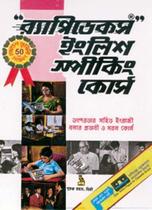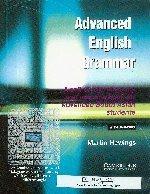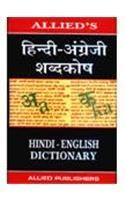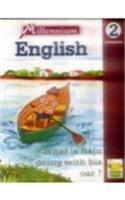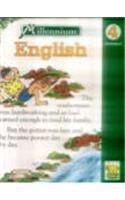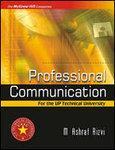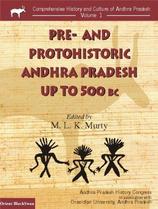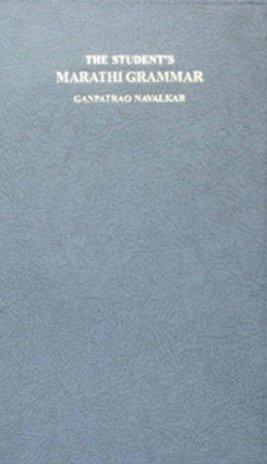 18.0%OFF
18.0%OFF

Download App
| >> | LShop | >> | Book | >> | Language | >> | Linguistics | >> | The Student's Marath... |
 18.0%OFF
18.0%OFF
The Student's Marathi Grammar
-
ISBN
:
9788120615618
-
Publisher
:
Asian Educational Services
-
Subject
:
Linguistics, Language: Reference & General
-
Binding
:
HARDCOVER
-
Pages
:
392
-
Year
:
1994
₹
795.0
 18.0% OFF
18.0% OFF
₹
651.0
Buy Now
Shipping charges are applicable for books below Rs. 101.0
View DetailsEstimated Shipping Time : 5-7 Business Days
View Details-
Description
This historic book may have numerous typos and missing text. Purchasers can download a free scanned copy of the original book (without typos) from the publisher. Not indexed. Not illustrated. 1880 Excerpt: ...as the oldest of the Aryan languages, and exists in its primitive form in the Vedas, the oldest literary books of the Hindus. It continued as the literary as well as the popular language of the Hindu Aryans, who were emigrants from Central Asia, up to about 900 B.C., after which it ceased to be their vernacular, although it continued to be sedulously cultivated for all the higher purposes of literature and religion. For popular purposes the Aryans used several new dialects which had sprung up among them by a mixture of their own language with those of the aborigines among whom they had settled. The popular dialects were denominated Prakrit. Note.--" The word prakrita came from prakriti (procreative) ' nature' and means ' derived,' the several Prakrita dialects being regarded as derivatives of Sanskrit either directly or mediately. The original language from which any other springs is called prakriti, or sound. Thus Hema Chundra says, 'Prakrit has its origin in Sanskrit; that which is derived, or comes from the latter, is called Prakrita.' The expressions Sanskrit and Prakrit are opposed to each other in another sense, when the former word denotes men of cultivated minds, and the latter those who are uncultivated. The term Pr&krit is therefore also applied to vulgar and provincial forms of speech."--Lassen. Note.--In the Sanskrit dramas that are extant, the women and servants are represented as conversing in the Prakrit, while the priests the kings, and other persons of rank and education in the Sanskrit. The changes which Sanskrit vocables, as well as inflections, have undergone in the Prakrit, are such as would be effected by illiterate people using the learned language. "Thus, stri becameistri, rakta became rakat, and kshatriya became ...
Related Items
-
of







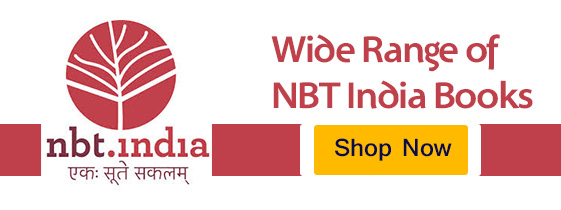




 651.0
651.0





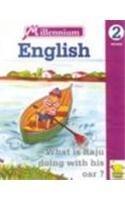
 60.0
60.0

